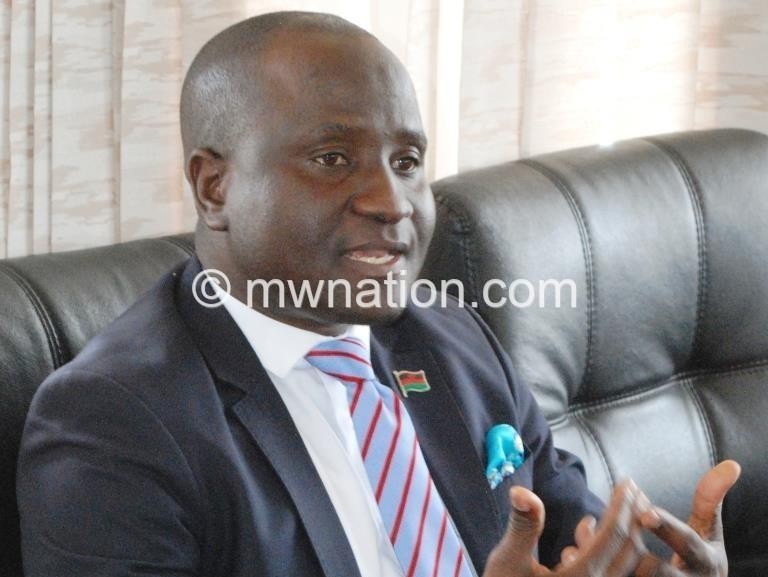Modern slavery soars in Malawi—report
The Global Slavery Index (GSI) of 2018 shows that about 63.2 out of every 100 persons in Malawi are vulnerable to modern slavery, with a staggering 131 000 persons affected.
International Labour Organisation (ILO) says modern slavery covers a set of specific legal concepts, including forced labour, debt bondage, forced marriage, slavery and slavery-like practices as well as human trafficking.

The GSI measures the extent of modern slavery country by country, and the steps governments are taking to respond to the issue and objectively measure progress toward ending modern slavery.
Factors which contribute to modern slavery include migration, conflict, repressive regimes, unethical business, environmental destruction and discrimination.
It draws together findings from across estimates of prevalence, measurement of vulnerability, and assessment of government responses, alongside an analysis of trade flows and data on specific products.
According to the report, statistically, 7.47 persons per 1 000 is the proportion of people living in modern slavery in Malawi. The country ranks 18th in Africa in a ranking where position one is the worst. In the southern Africa region, Malawi is only better than Swaziland on position 11 and Madagascar on 17 out of 51 countries.
Neghbouring Tanzania sits on position 29 with a proportion of 6.2 persons per 1 000, Zambia is at 33 with 5.7 persons while Mozambique sits on position 36 with a proportion of 5.4.
The report shows that 55.4 percent of Malawians are affected by governance issues, 51.5 percent lack basic needs, inequality stands at 40.9 percent, 61.5 percent of minority groups face challenges, but only 19.1 percent are affected by conflicts to be forced into slavery.
On governments’ response rating by country, the report shows that Malawi is ranked third from last category (CC), with efforts rated between 20 to 29.9 percent.
It reads: “The government has a limited response to modern slavery, with largely basic victim support services, a limited criminal justice framework, limited coordination or collaboration mechanism, and few protections for those vulnerable to modern slavery.
“There may be evidence that some government policies and practices facilitate slavery. Services are largely provided by NGOs with limited government funding or in-kind support.”
On lack of basic services, the GSI corroborates the 2019 African Economic Outlook Report which painted a gloomy picture of Malawi’s poverty levels, showing that it remains widespread at 51.5 percent as at 2017, up from 50.4 percent in 2010.
Positively, the GSI notes that government has public procurement policies and systems to minimise the risk of government purchasing products tainted by forced labour.
It also applauds Malawi for producing annual reports on government action to prevent use of forced labour and that Capital Hill has also taken remedial action where forced labour has been discovered.
Recommendations include the need for government to conduct due diligence and transparency of business operations, ensuring that any trade, business or investment is not contributing to or benefiting from modern slavery (or other human rights abuses).
In an interview yesterday, Minister of Information, Civic Education and Communications Technology Mark Botomani said government is amending the Employment Act to prohibit the use of tenancy labour.
He said: “Currently, government, with its partners, stakeholders and organisations of workers and employers are implementing various programmes to curb the problem of child Labour.”
Botomani said a revised National Plan of Action Against Child Labour will soon be launched and disseminated and Cabinet will also soon consider the adoption of a Child Labour Policy.
Malawi Congress of Trade Unions (MCTU) officials had not responded to questions by press time, but recently, MCTU warned that Malawi risks not meeting the 2025 target to reduce child labour due to failure to implement measures to end the vice.
The GSI has since stressed that modern slavery is a destructive, personal crime and an abuse of human rights; it is a widespread and profitable criminal industry but despite this it is largely invisible, in part because it disproportionately affects the most marginalised.





